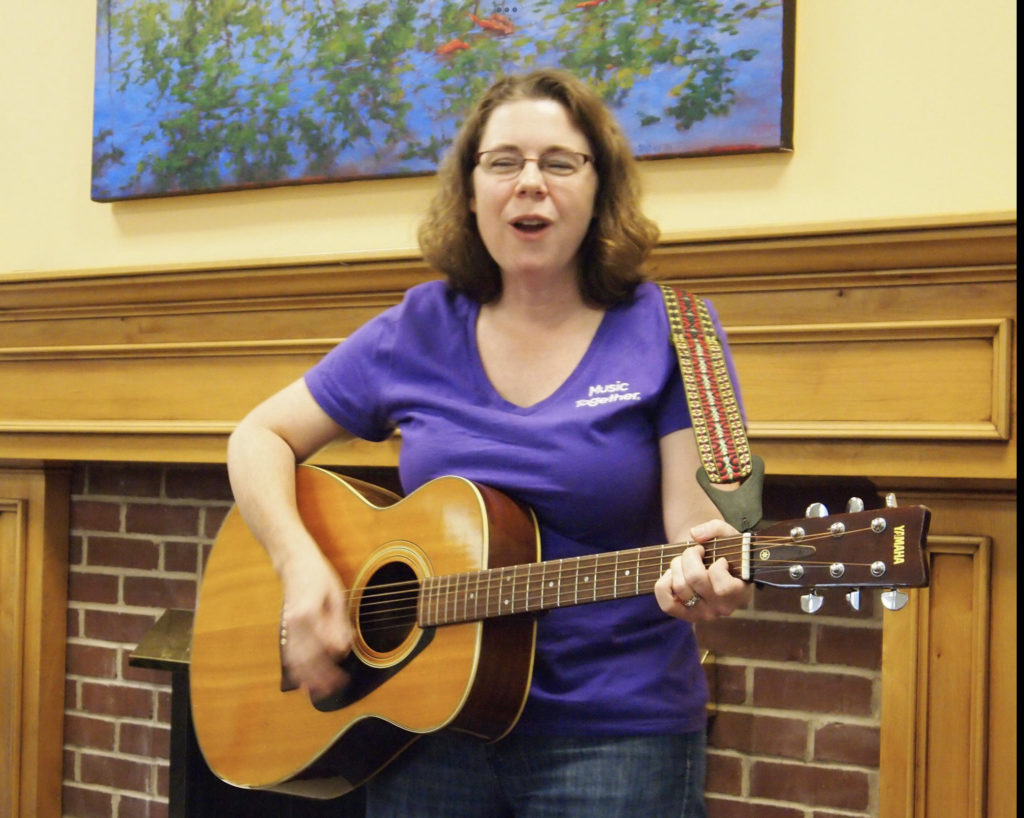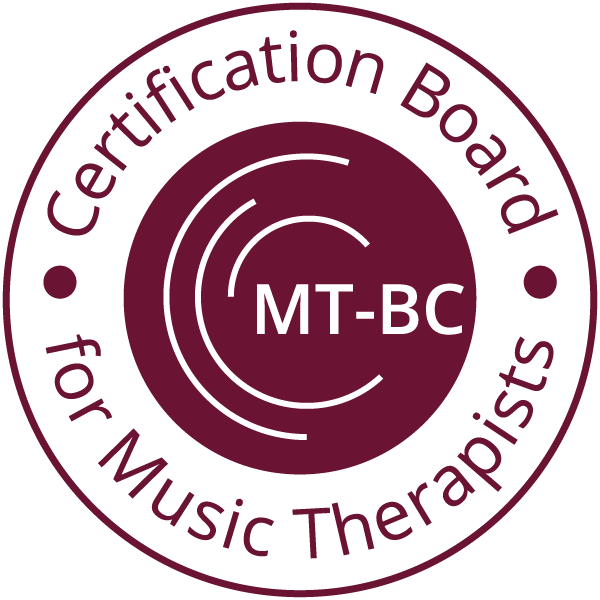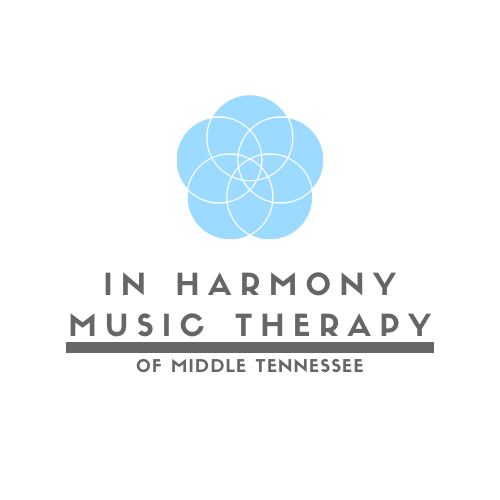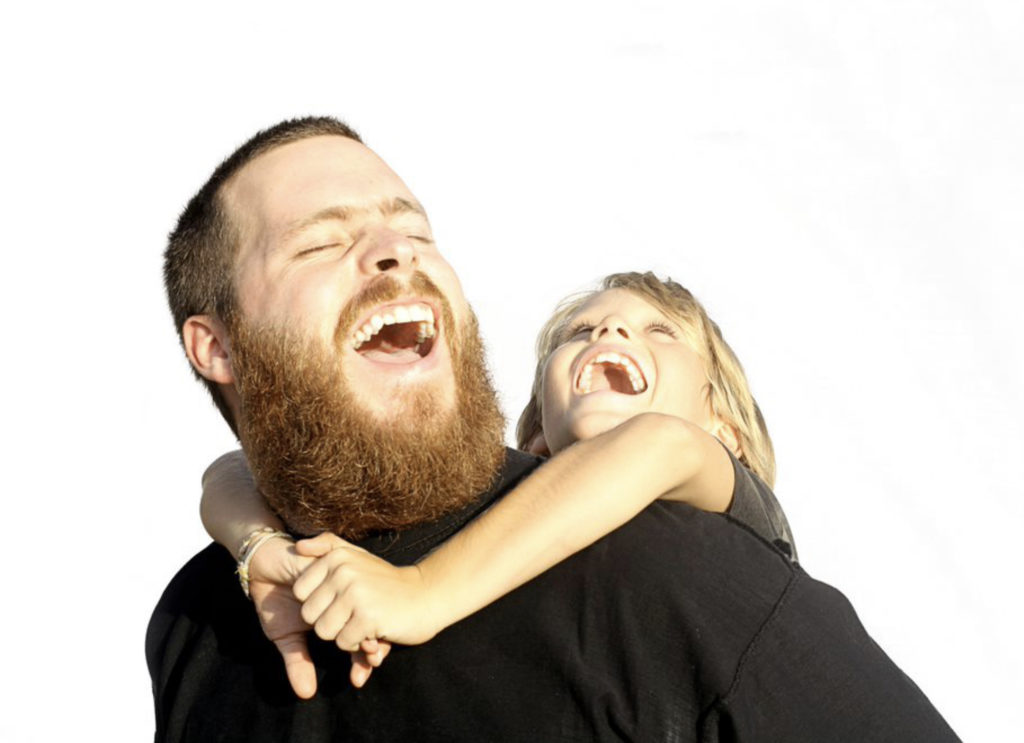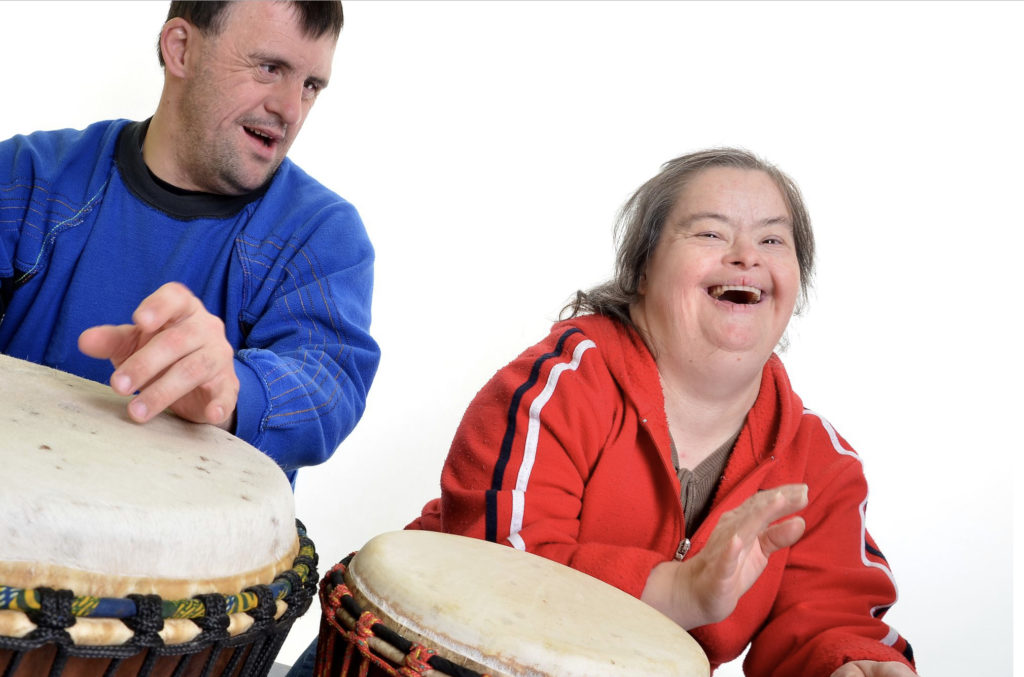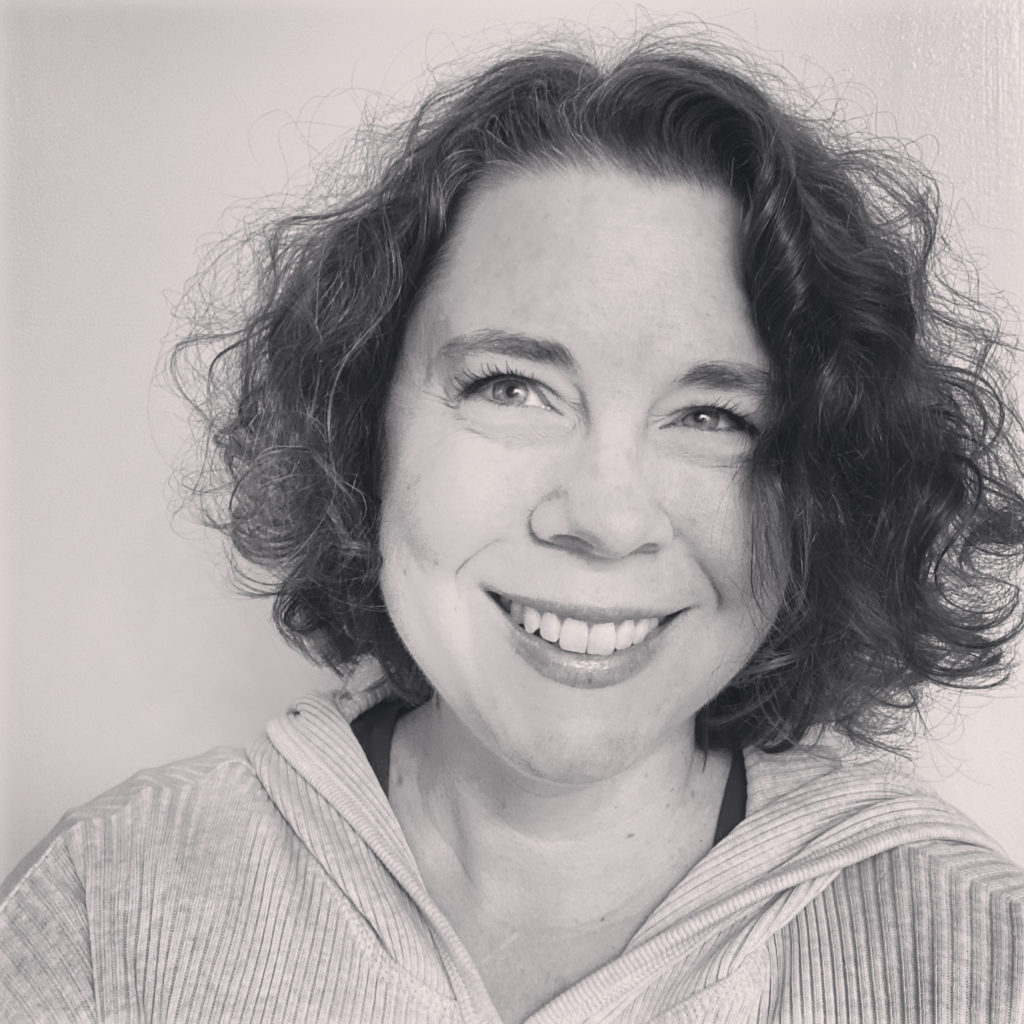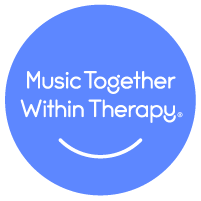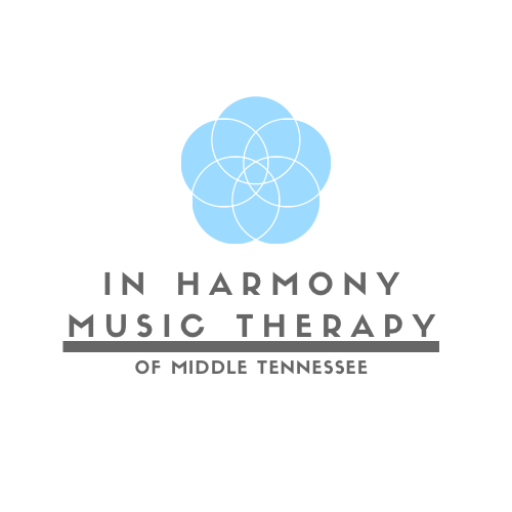
Think back, when was the last time you belted out your favorite song? How did that feel for you? What is your relationship to singing songs? Car Singer? Shower Singer? Sing as you work? Sing with others?
What is singing as it relates to Music Therapy? Is singing making sounds in pitch and rhythm to create a melody? Is it an expression of a person’s current moods and feelings in the moment? Does singing have to be a person who is pleasant to hear and enjoy? Or, is singing just being yourself in the moment of making music? Do you have to be a “singer” to sing? Let’s start a conversation about singing.
As a board certified music therapist, I believe every individual has the capacity to make music! Perhaps, not always in use of sounding words in actual voice, but sometimes in the embodied movement to the spirit of the song when the body, “sings!” Often, at the onset of music therapy, my own singing voice leads at first and then guides an individual or group. Then, eventually, the client takes over finding the music within themselves in the dynamic therapeutic moment of transformation towards their own personal goals. I work with a variety of ages each needing special care of their voice. Research based Neurologic Music Therapy techniques are used to create individualized music therapy experiences for my clients. Children and adults find their voice within music therapy. The goals with singing vary as it can empower people to communicate in many ways!
Here are a few examples of clients who have engaged in neurologic music therapy:
- 3 Year Old with Down Syndrome in pre language stages of development is learning words through Developmental Speech and Language Training Through Music using songs from Music Together Within Therapy.
- 20 Year Old with Autism with limited one to two word communication, but can sing whole 4-15 word lyric lines which follow natural speech patterns. Such as “Hello, How Are You? I’m so glad to see you today!” Developmental Speech and Language Training Through Music techniques are utilized to create new neuropathways of ongoing communication.
- 25 Year Old with Intellectual Disability who enjoys singing songs about many aspects of her live she loves. This serves as a jumping off point for discussions of the people who support her and the activities she loves to engage in to enrich her life. Music in Psychosocial Training and Counseling is the neurological technique used with this client who continues to work on positive self worth and empowering her independence within her home while it is still safest to live with her guardian parents.
- 70 Year Old with Parkinson’s Disease who experiences softening of voice and monotone speech utilizes weekly one hour Therapeutic Singing session to help strengthen his voice to speak up and sound less monotone.
- 83 Year Old who experienced Aphasia including loss of expressive language after a stoke, works two sessions a week on both Musical Melodic Intonation Therapy and Therapeutic Singing to increase expressive speech, learn functional phrases, support memory, and read and understand lyrics to songs. I spoke about her journey earlier last year.
There is extensive research on these neurological music therapy techniques and can be found at this link.
Neurological music therapy is not necessarily about learning to sing well, but music is the motivator to reach a person’s non musical goals like communication and self expression to enhance quality of life.
What is your favorite song sing along to? What is your loved one’s favorite music activity? Let me know by scheduling a conversation about how Neurologic Music Therapy can assist you or your loved one’s own goals to increase the quality of their life. Click on the button below to schedule time for a chat soon.
“Where words fail, music speaks” – Hans Christian Andersen
Be well,
Ms. Carrie
